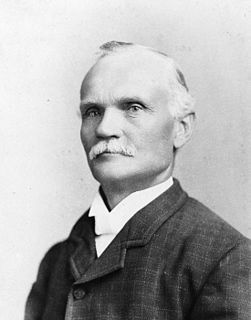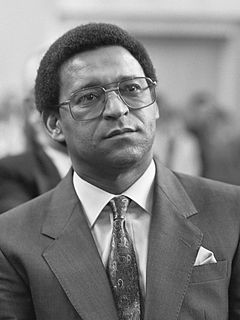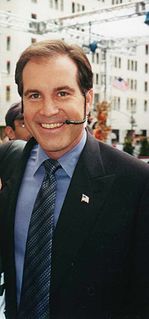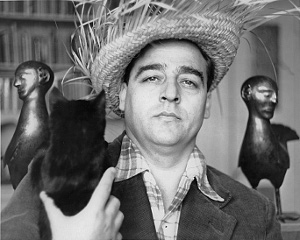A Quote by Karl G. Maeser
I would rather trust my child to a serpent than to a teacher who does not believe in God.
Related Quotes
The Bible has come under fire for making woman the fall guy in man's cosmic drama. But in casting a male conspirator, the serpent, as God's enemy, Genesis hedges and does not take its misogyny far enough. The Bible defensively swerves from God's true opponent, chthonian nature. The serpent is not outside Eve but in her. She is the garden and the serpent.
You know, my father used to look at people and he treated everyone with such respect, and he always believed that he would rather trust you face on and be disappointed perhaps down the road, be disappointed some of the time rather than never to trust someone, never to believe in someone, and alas, be disappointed all the time.
My father used to look at people and he treated everyone with such respect, and he always believed that he would rather trust you face on and be disappointed perhaps down the road, be disappointed some of the time rather than never to trust someone, never to believe in someone, and alas, be disappointed all the time. There's a big difference there.
When we believe in our child fully, we trust that they are doing the very best they can at every moment, given their age, past experience and present circumstances. It is this kind of trust that I mean when I talk about parenting being on their child's side. Having someone dependably 'on their side' is absolutely critical if a child is to grow into adulthood with a generous capacity for love and trust. If we aren't on their side, who will be?
... circles of trust ... are a rare form of community - one that supports rather than supplants the individual quest for integrity - that is rooted in two basic beliefs. First, we all have an inner teacher whose guidance is more reliable than anything we can get from a doctrine, ideology, collective belief system, institution, or leader. Second, we all need other people to invite, amplify, and help us discern the inner teacher's voice.



































